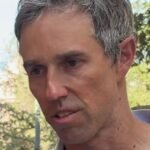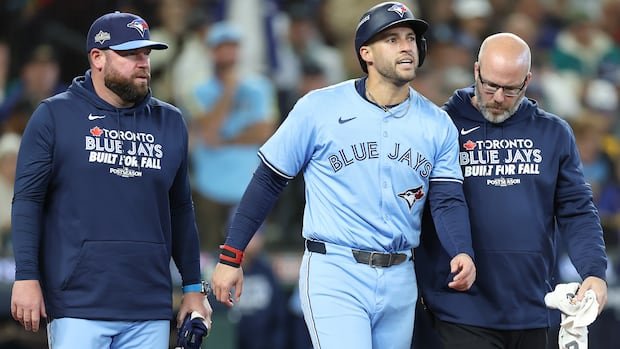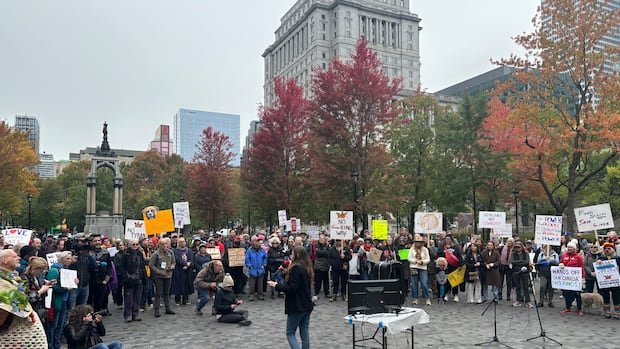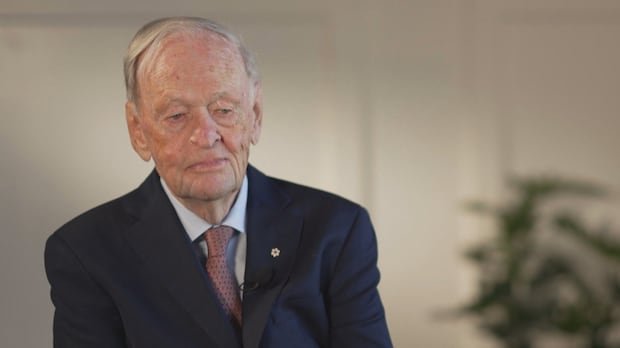WARNING: This story references suicide and contains allegations of abuse.
About two dozen former Robert Land Academy students gathered Thursday at Queen’s Park in Toronto to demand better regulation of Ontario’s private schools, as the closed, military-style school faces allegations of abuse.
Their calls for change came after a CBC News Investigation about allegations of historical physical and emotional abuse, and in some cases sexual exploitation, at the Wellandport private school.
Through their investigation and CBC reporting, it emerged that some instructors had criminal convictions while working at Robert Land in the 1990s and early 2000s.
“We cannot allow this type of institutional abuse to take place under the name of,” Chandra Pasma, a member of provincial parliament and NDP education critic, said at a news conference.
“There are steps we must take immediately to prevent this from happening.”
In Queen’s Park on Thursday, the education critic says she is preparing a private member’s bill to introduce this fall. If approved, it would require staff at private schools to pass vulnerable sector checks.
Call for Ontario’s participation in the management of private schools
Alumni say their experiences exemplify why Ontario needs to get more involved in how private schools are run.
Unlike public schools, for example, staff are not required to pass rigorous background checks that would detect past criminal charges.
Robert Land closed in June and filed for bankruptcy, while 120 former students have launched legal proceedings to address abuses they say they suffered primarily from the 1980s, 1990s and early 2000s, but also into the 2010s.
The allegations have not been proven in court.
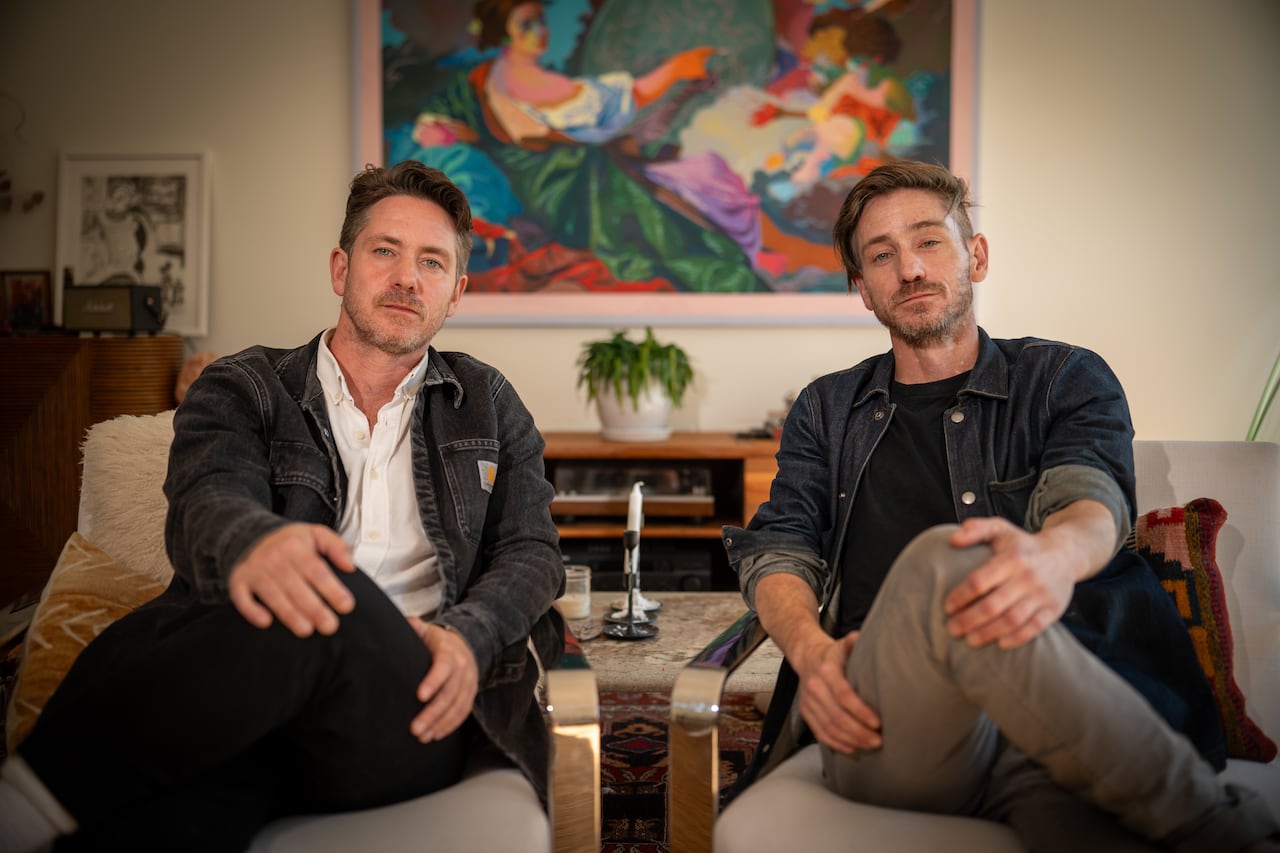
Among them is Jarett Holmes, who along with his brother Evan attended Robert Land in 1999 when they were 14 years old. They previously told CBC they were not allowed to communicate with each other, were beaten and forced to do hard labor, and then punished for trying to write home to tell their parents about their treatment.
“We have to impose limits on those who work with children, especially at-risk youth,” Jarett said. “This should never have happened. So NDP, Liberals and Progressive Conservatives, please listen to this. This is not a political issue. We are talking about child safety.”
Jarett said former students attempted to meet with Education Minister Paul Calandra but received no response.
The minister’s press secretary, Emma Testani, said in an email that the province’s oversight role for private schools is limited to monitoring those that wish to grant high school credits. He said anyone with allegations of abuse and criminal activity should contact police.
“The stories that have come to light are deeply disturbing,” Testani said. “Every Ontario student deserves protection, respect and the opportunity to learn in an environment based on trust.”
MPP set to introduce private member’s bill
Jon Krys, who did a teaching internship at Robert Land for a few months in 1992, said he witnessed students facing constant abuse from staff. He said the experience stayed with him throughout his decades of teaching career.
He stood alongside former Queen’s Park students and announced legislative changes they want for private schools, including requiring teaching staff to register with the regulatory body, the Ontario College of Teachers, and for the province to establish an independent ombudsman’s office to handle complaints.
Pasma wants the province to start making changes now, but she is also prepared to table a private bill this fall.
CBC News previously contacted more than 40 private schools in Ontario and most did not respond.
The eight that did so said they conduct criminal background checks on staff, despite not being mandated to do so.
Robert Land Academy promised discipline and rigor for struggling children, but after nearly 50 years, the military-style private school is now closed and facing abuse lawsuits. For The National, CBC’s Samantha Beattie hears from former students talk about their experience and their fight for stronger supervision.
Robert Land was founded in the late 1970s, with corporate documents saying the intent was to help children with learning disabilities from sixth through twelfth grades. Staff had ranks and students were called “cadets” and were required to follow a strict military routine.
When he was 10 years old in 1979, Andrew English was one of the first students to attend the academy.
He said at Thursday’s news conference that he was “constantly beaten” by staff and hit with a paddle until he bled.
At age 11 he tried to commit suicide, for which he was punished, he said. He also said he was forced to eat laundry detergent, beaten until he “could barely walk,” and forced to run across a soccer field with a 45-pound backpack.
“I can talk about food deprivation, stressful positions, a million things I’ve been through,” English said. “It was anxiety, terror, fear and pain, and it needs to end.”
Robert Land Academy has not responded to CBC’s requests for comment.
In a statement of defense filed in response to a former student’s lawsuit, Robert Land denied all allegations of abuse. The academy says that if any abuse, assault or exploitation occurred, it was not the school’s fault.
If you or someone you know is struggling, here’s where to look for help:
